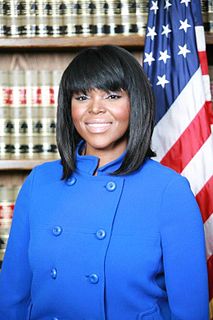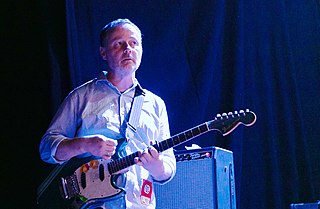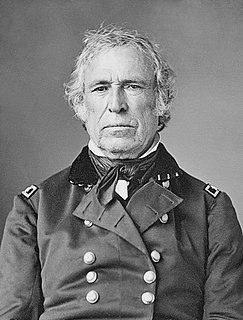A Quote by Amiri Baraka
The African, because of the violent differences between what was native and what he was forced to in slavery, developed some of the most complex and complicated ideas about the world imaginable.
Related Quotes
Writing in African languages became a topic of discussion in conferences, in schools, in classrooms; the issue is always being raised - so it's no longer "in the closet," as it were. It's part of the discussion going on about the future of African literature. The same questions are there in Native American languages, they're there in native Canadian languages, they're there is some marginalized European languages, like say, Irish. So what I thought was just an African problem or issue is actually a global phenomenon about relationships of power between languages and cultures.
There are three ways in which a man becomes a slave. He may be born into slavery, or forced into it, or he can deliberately accept his servitude. All three forms flourish in the modern world. Men are born and forced into slavery in Russia and her satellites states. Men in the free world invite slavery when they ask the government to provide complete security, when they surrender their freedom to the "Welfare State."
I don't think there are any pure Africans of the African Americans, but the African part of our history was pretty much taken away from us during slavery, so the 60s gave us a chance, because of the civil rights movement, to kind of re-examine and make some sort of formal connection to our African-ness.
In the 1940s, traveling for an African was a complicated process. All Africans over the age of sixteen were compelled to carry 'Native passes' issued by the Native Affairs Department and were required to show that pass to any white policeman, civil servant, or employer. Failure to do so could mean arrest, trial, a jail sentence or fine.
We have inherited a fear of memories of slavery. It is as if to remember and acknowledge slavery would amount to our being consumed by it. As a matter of fact, in the popular black imagination, it is easier for us to construct ourselves as children of Africa, as the sons and daughters of kings and queens, and thereby ignore the Middle Passage and centuries of enforced servitude in the Americas. Although some of us might indeed be the descendants of African royalty, most of us are probably descendants of their subjects, the daughters and sons of African peasants or workers.
In the development of the understanding of complex phenomena, the most powerful tool available to the human intellect is abstraction. Abstraction arises from the recognition of similarities between certain objects, situations, or processes in the real world and the decision to concentrate on these similarities and to ignore, for the time being, their differences.
I don't regret the fervor, because I do believe, in the African American community but also for other communities, and I know from talking to people, for communities around the world, the election of an African American to the most powerful office on Earth meant things had changed, and not just in superficial ways. That in some irreversible way the world was different.







































